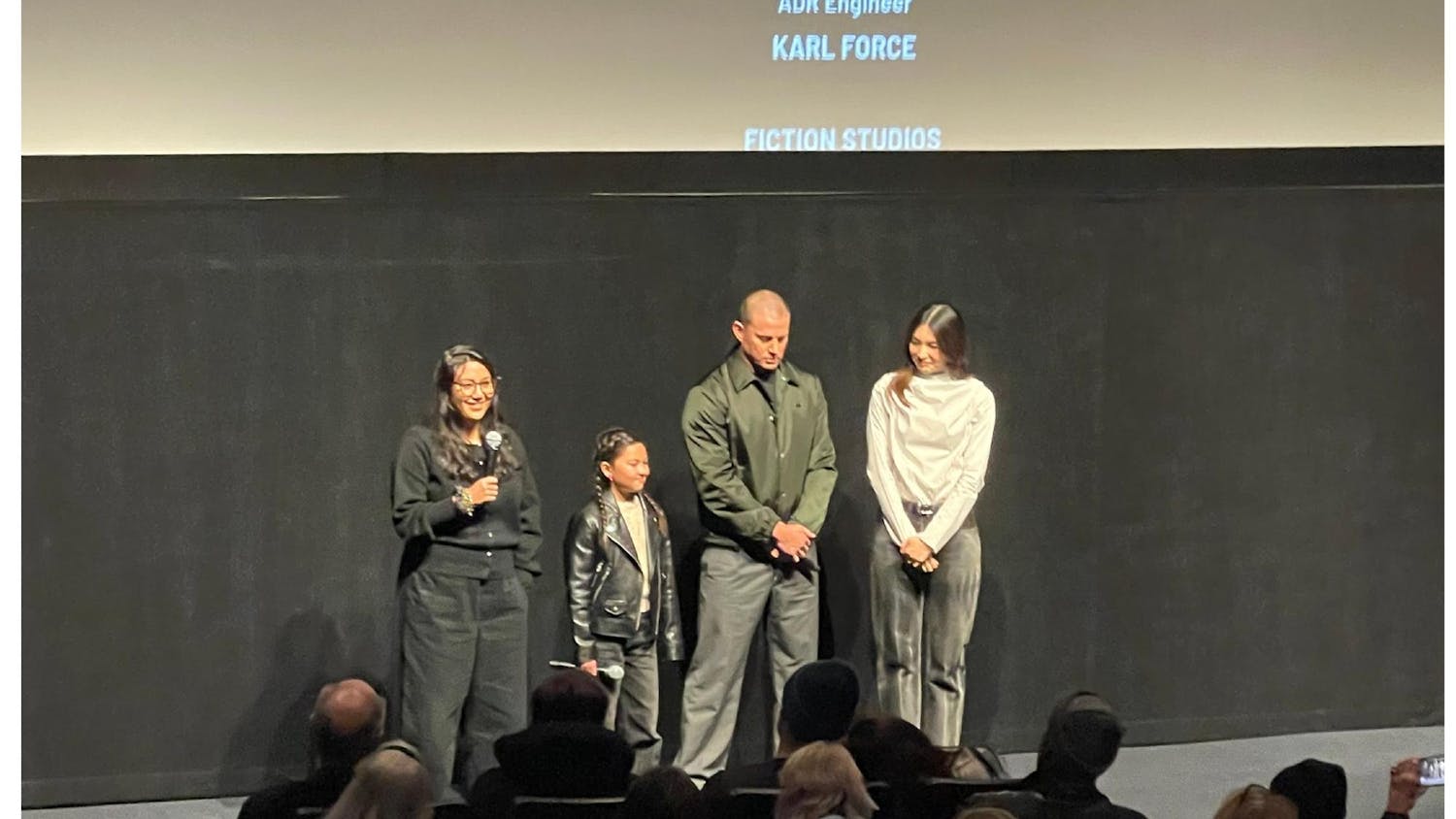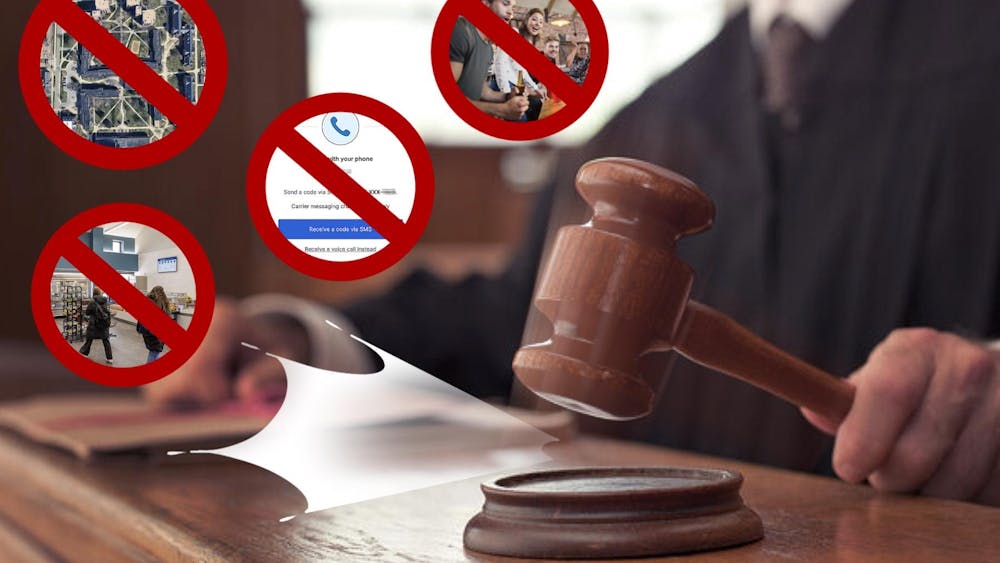
I would say I read pretty regularly, and I sometimes approach books as a challenge. It depends on the content of the book and whether it is a usual read for me, but when I see a book over 500 pages, it's guaranteed that I will atleast pick it up. Whether I end up buying and reading it is a different story, mainly because I usually need a good hook to get me into a book that long. “All the Light We Cannot See” unfortunately fell into the category of not being on my bookshelf when I first saw it a few years ago. I read the first three-ish chapters, didn’t understand the plot and put it down. But Netflix has changed my mind on the challenge that the novel could be for me.
Netflix’s recent mini-series adaptation of “All the Light We Cannot See” is one more rendition of the new trend of adapting books to shows rather than movies, and as a TV binge watcher and reader, I personally enjoy them much more than movies that cut out a large portion of the original story. Recent popular shows include Amazon Prime’s “Daisy Jones & The Six” and “The Summer I Turned Pretty,” but the content of “All the Light We Cannot See” is different from the usual romance novel or young adult book. The story is set in the south of France during World War II, and the young protagonists Marie and Werner share a love for radios. Marie broadcasts illegally from her uncle’s house, and Werner illegally listens to her every day. Despite completely different backgrounds and realities — Marie is the daughter of a French professor and museum curator, and Werner is a German orphan forced into a Nazi career as a radio operator and moderator — they share a passion for good, or the light in the world, as they see it.
The dialogue of the show was entertaining, and while at times the typical Netflix cringeworthy timing and pacing was evident, I was hooked while watching it. It wasn’t the best show ever, but I learned a lot about generational differences in ideologies, the power of media and looking for the light in the world when it isn’t at its brightest. One particular scene of episode two, when Marie and her father are leaving Paris on foot after the Nazi invasion, called to me. Marie’s father realizes she is carrying a heavy radio in her suitcase after he offers her help with her bags. Marie is blind, and walking with two bags and her mobility cane was proving a challenge, but when he reprimands her for bringing an “unnecessary” tool, she defends her choice. She tells him about the professor who speaks to children late at night on the radio, the same one Werner listens to every night, and says “… he only speaks to young people. We need to understand the madness in this world. I’ll carry my own burden.” It's a burden that young people still carry today, understanding the madness and cruelty of the world and yet needing to see the light through that darkness. But her father’s response is what got me. He says “It’s not your burden to carry alone.” Their relationship in that moment highlighted the division between generations, and while as young people we often feel alone in our endeavors to do good, there are people out there who will carry the burden with us.
So, while the show won’t be the best thing you’ve ever watched, and Mark Ruffalo doing a British accent might be a bit of a jump scare at first, I think it is a worthwhile stream. It has a beautiful message, Marie and Werner’s stories are well thought out, and if nothing else, Louis Hofmann (Werner) is nice to look at. Giving Netflix a chance every once in a while can’t hurt, and they might have been spot on with this one. I’ll definitely be picking up the book again in the near future now that I’m hooked.
Read More
Trending









